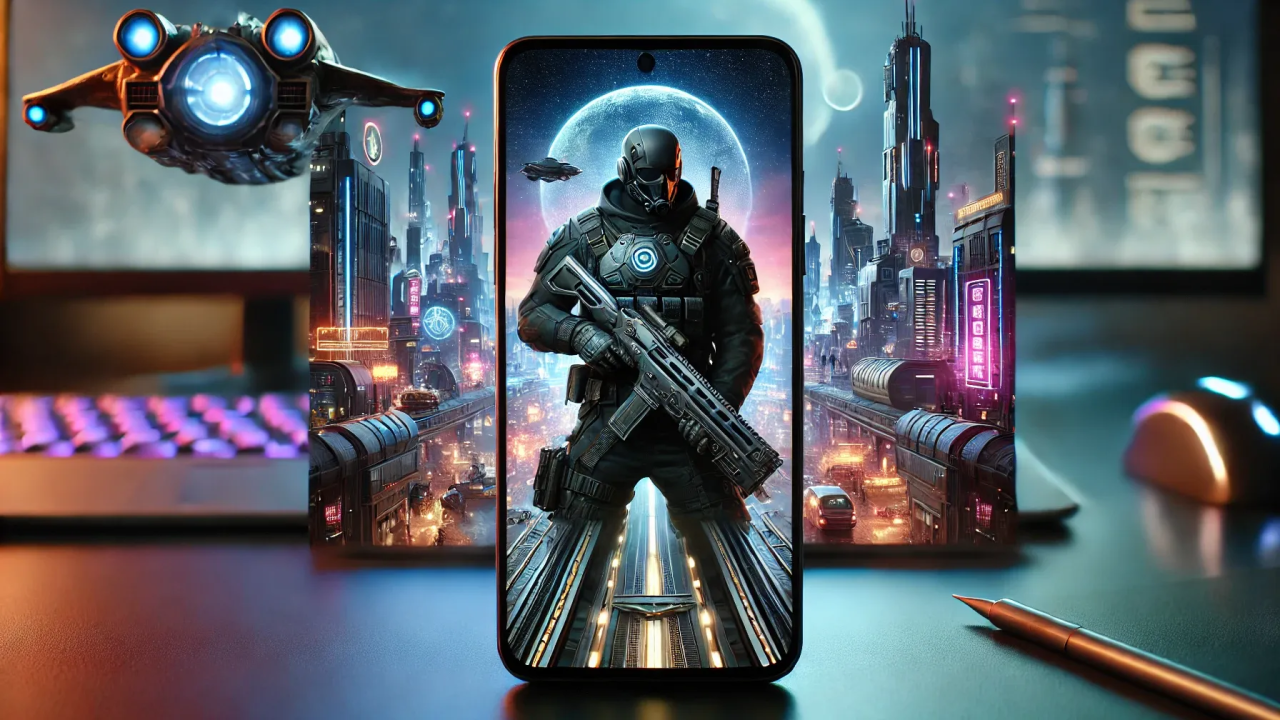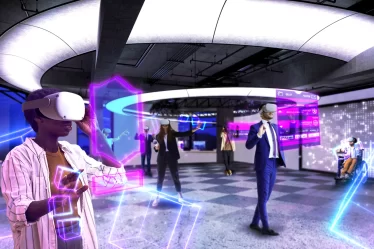
In 2025, gaming is no longer just a hobby — it’s a cultural force, a social platform, a career path, and in many ways, an extension of real life. As the gaming industry continues to grow beyond its traditional boundaries, it’s reshaping how we interact, learn, heal, and express ourselves.
From immersive worlds powered by AI to cozy games designed for mental wellness, today’s games are more than just fun — they’re mirrors of our values, fears, and dreams.
The Rise of AI-Enhanced Gaming Experiences
One of the biggest evolutions in 2025 is the integration of generative AI into game design. NPCs (non-playable characters) can now remember players’ choices, evolve their personalities, and even hold unscripted conversations. This creates organic, personalized storylines that make each player’s experience unique.
Whether you’re navigating a cyberpunk dystopia or a slice-of-life farming sim, AI makes every world feel alive, dynamic, and responsive — a far cry from the scripted loops of the past.
Gaming as a Social Lifeline
Games like Fortnite, Roblox, Final Fantasy XIV, and Valorant are no longer just games — they are virtual hangout spaces, concert venues, and global meeting grounds. With in-game voice chat, customizable avatars, and even dating simulations, gaming has become a core part of how people — especially Gen Z and Alpha — form relationships and build community.
During global crises or personal isolation, multiplayer games have provided emotional connection, friendship, and even love.
Mental Health and Mindful Gaming
In contrast to the stereotype of gaming as a mindless escape, 2025 sees a surge in games designed for emotional wellness. Titles like Unpacking, Kind Words, or Spiritfarer gently guide players through grief, anxiety, or self-reflection.
Gamification is also being used in therapy and education, helping people manage ADHD, anxiety, and PTSD through interactive, rewarding tasks.
Even traditional games now include “mental health check-ins,” session timers, and calming modes — part of a broader industry movement toward ethical game design.
Gamers Are the New Creators
Platforms like Minecraft, Dreams, and Core have turned gamers into game developers, storytellers, and world-builders. UGC (user-generated content) is booming, with communities creating entire narratives, maps, and game mechanics from scratch.
This shift empowers more diverse voices in game design — not just big studios, but queer creators, BIPOC developers, neurodiverse artists, and hobbyists who never saw themselves represented before.
Games and Real-World Culture
Games are now intersecting with every part of culture:
-
Fashion: Virtual outfits debut before real-world versions.
-
Music: Artists launch albums through in-game concerts.
-
Politics: Protest simulations and climate survival games are sparking awareness.
-
Education: Gamified learning is used in classrooms and corporate training alike.
Gaming is no longer escapism — it’s a lens through which we process reality.
In conclusion, gaming in 2025 is a vibrant ecosystem where play, creativity, connection, and purpose collide. Whether you’re exploring alien galaxies, planting digital gardens, or solving ancient mysteries with friends across the globe, gaming isn’t just a pastime — it’s a reflection of who we are and who we’re becoming.


